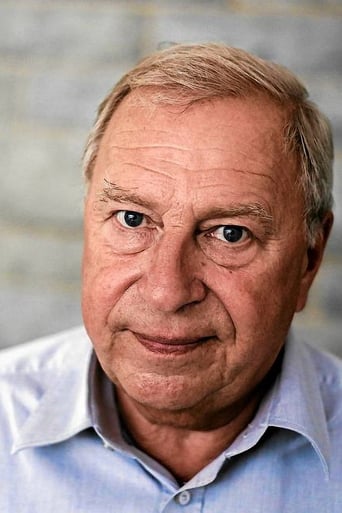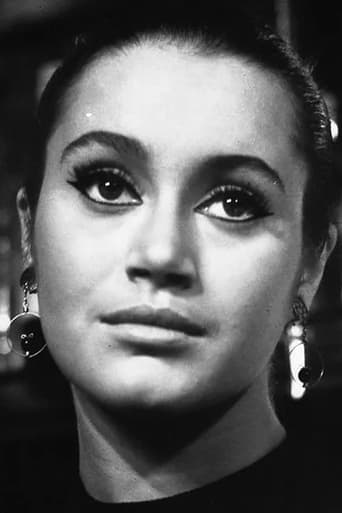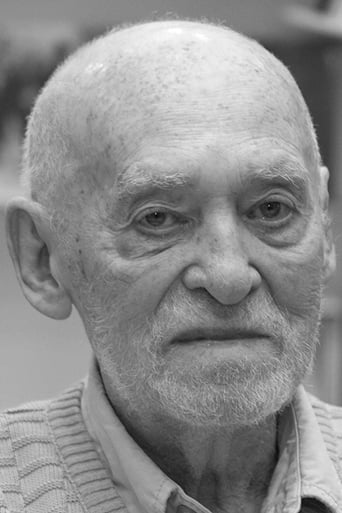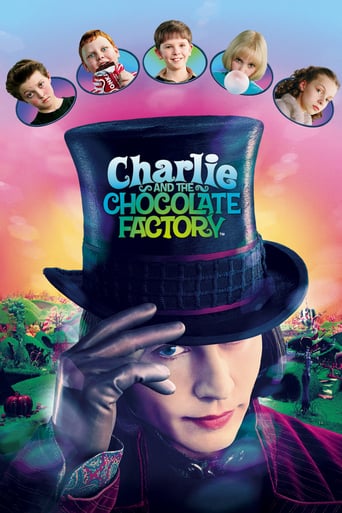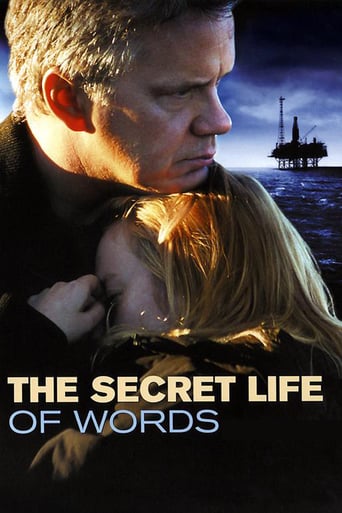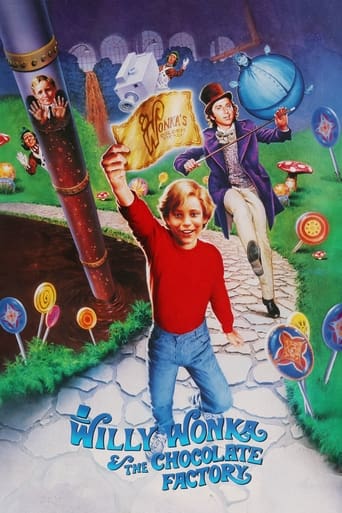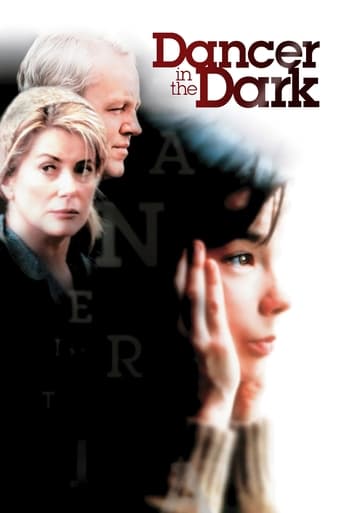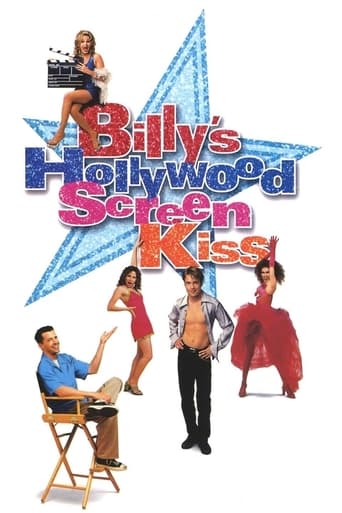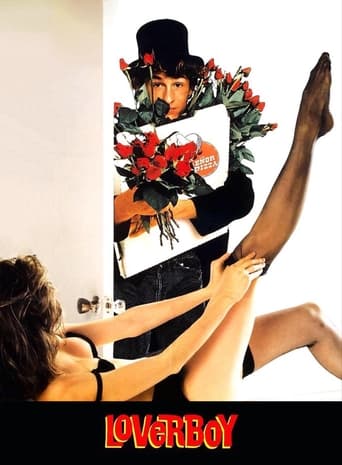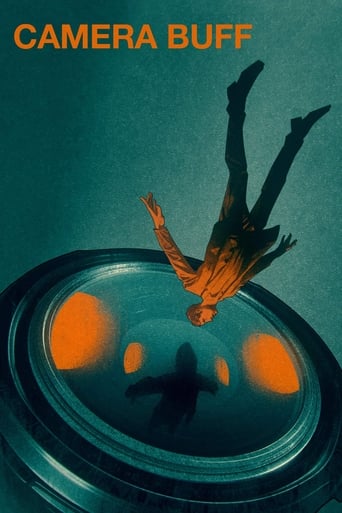
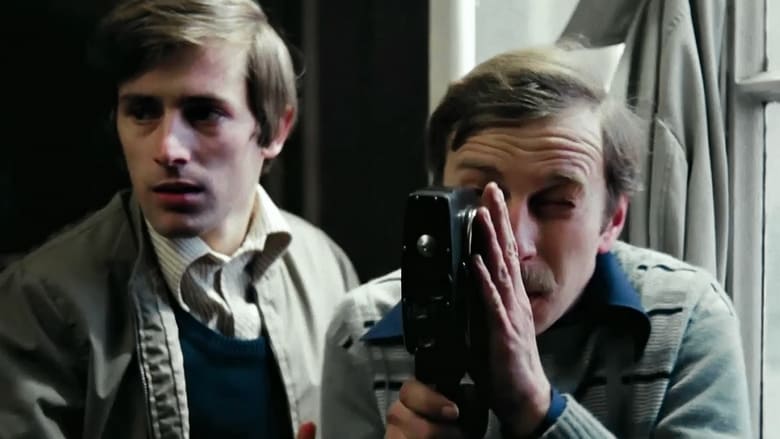
Camera Buff (1979)
Filip buys an 8mm movie camera when his first child is born. Because it's the first camera in town, he's named official photographer by the local Party boss. His horizons widen when he is sent to regional film festivals with his first works but his focus on movie making also leads to domestic strife and philosophical dilemmas.
Watch Trailer
Cast
Similar titles

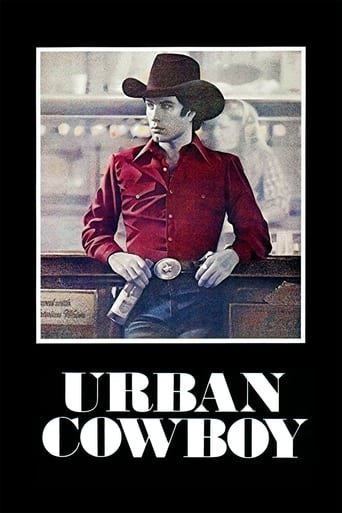
Reviews
Why so much hype?
Truly Dreadful Film
Absolutely the worst movie.
Let me be very fair here, this is not the best movie in my opinion. But, this movie is fun, it has purpose and is very enjoyable to watch.
Haven't seen every Kieslowski work yet (though as of now it's close), but of what has been seen all ranges between very good (the 8th episode of 'Dekalog') to masterpiece ('Three Colors: Red' and 'Blue' and the whole 'Dekalog' series). To me, he was an immensely gifted director, who died far too early.An early effort, 'Camera Buff' is not among Kieslowski's best work, but generally it is deserving of more love. Although Kieslowski's directing style is fairly well established, remarkable for so early on, it did become more refined later on as seen with his late 80s-early 90s work. There is a preference for the more intricate-sounding music scores of his later work, this score was the kind that worked well within the film but one doesn't have the desire to hear it on its own repeatedly, and the slightly more emotional resonant and intense work like the best of the 'Dekalog' series, 'The Double Life of Veronique' and 'Three Colors: Red' and 'Blue'.Despite how that sounds, there's actually not much wrong at all with 'Camera Buff', just that it was done better later. This said, 'Camera Buff' is a great film, regardless of what stage it was made in Kieslowski's career.'Camera Buff', as was always the case in Kieslowski's work, is very well made. The cinematography is minimalist, but visually striking and atmospheric as well as fascinatingly personal. As well as being beautifully shot with atmospheric use of colour to match the mood, it is gritty yet beautiful with many thoughtful and emotionally powerful images lingering long into the memory. Kieslowski's direction is quietly unobtrusive, intelligently paced and never too heavy.It's a thought-provoking film in writing, as ever thematically rich and with complex characters, the shift from initial comedy to drama expertly done rather than abrupt and jarring. Kieslowski again proves himself as a master of narrative construction, and the whole film is thoroughly engaging and suitably challenging. The acting is as always from Kieslowski marvellously nuanced and natural.To conclude, early Kieslowski that while not one of his best is deserving of more love. 9/10 Bethany Cox
Krzystof Kieslowski directed one of the more interesting self-reflexive films in 1979, when he filmed Camera Buff (Amator- literally Amateur), his second feature film, which runs an hour and fifty-two minutes. It is the one which made him a known commodity in the filmic world. While not a great film, it is a bit more successful a film than other fare from that era, such as his own Blind Chance, from 1981, and this film was a co-winner of the Grand Prize at the 1979 Moscow Film Festival, although that dubious festival's selections have long been known to be laughably bad, at their worst. As with many films made in countries with repressive countries, Camera Buff can get a bit didactic at times, but when it's not preaching it's a pretty good look at the art of film-making and the responsibility of an artist to himself and his art.The tale is not a particularly fresh one, as it follows the life of a none too bright factory worker named Filip Mosz (Jerzy Stuhr, who later appears in White), a typically mousey Polish man who loves to drink, who is contented with his life as a husband and father of a newborn baby girl Irenka. However, when he decides to buy an 8 mm Russian camera, that costs two months of his salary, to record his daughter's childhood, his life quickly unravels. His wife Irka (Malgorzata Zabkowska) does not support his hobby, and selfishly wishes him ill. Eventually, she will leave him and take their child, even as she is pregnant with a second child. Hers is a character that is typical of the non-artistic mindset, as are the managers at the local factory he works for, as a nationwide buyer, who decide to underwrite his 'hobby' so he can film company propaganda about their Twenty-Fifth Anniversary. That and his subsequent films are rather dull treatises on banal aspects of life in a state run system, but somehow they get nominated for film awards at a local festival the company submits them to. In truth, they are particularly unartful films, which only highlights the absurdity of their political potential in a system where total faith is required.Kieslowski has a good deal of fun with both the pomposity of such film festival sponsors, mere apparatchiks who clearly have no idea of what real art is, as well as poking fun at the bad artist types themselves, represented by a fiery character called The Lunatic, who hisses and rages at all such films. Filip's film wins third prize at the festival; really second prize, since all of the films are judged not good enough for a first prize. This is manifest to the viewer, but even the declarer of such dour judgments is shown satirically as a boob, and orates far too pompously about art. Of course, Filip's films attract the interest of a woman named Anna Wlodarczyk (Ewa Pokas), who is a national film board honcho who has slept her way to the top and soon becomes Filip's lover, as well as real-life Polish filmmaker Krzystof Zanussi, who gets Filip's films on local Polish television news, after meeting and arguing of film aesthetics with him in Lodz. Especially successful is a film Filip does on the life of a dwarf at the company. That this man is contented with his dull and deprived life says much of the dehumanizing conditions of Communism, but it also exposes Filip to the increasing censorship of the director of his company. The premise of this trope is that the camera can never be neutral, and all art is political. Of course, this is a fallacy, but one employed as the engine that sets this film in motion, despite its logical weakness and triteness .Camera Buff is a film that gives hints at the greatness Kieslowski had within, but it was still a few years away, and, even though it's a better film than Blind Chance, it's one that is probably best viewed after the later masterpieces, for then even its failures can have some resonances as trial runs for things other films would succeed far better at. Would that more people learned so well from their youthful endeavors.
Krzyszof Kieslowksi begun his career as a documentary film-maker. From the start, he seemed to know two things: that in the shabby, feudal bureaucracy that was communist Poland, everything was political; and that the camera is never truly neutral. It was the second concern that saw him shift into telling fictional, constructed stories; while the first, and his own struggles as a young director, inspired the subject of 'Camera Buff', his first feature. As well as its immediate subject, the film is also a fascinating portrayal of an unfashionable subject, namely the class system, alive and well in the supposed socialist utopia (Kieslowski was a great admirer of Ken Loach, so perhaps we should not be too surprised). The film starts as a black comedy in the manner of the tenth part of his later 'Dekalog', and is both very funny and immediately true to life; as it progresses, it becomes more serious but there isn't quite the emotional intensity that marks his greatest works. The score is also less remarkable than those in the films he made with Zbigniew Priesner, his permanent collaborator from the mid 1980s. But his skill at composing images that are simultaneously profoundly ordinary and starkly arresting is very much in evidence, as is the characteristic sense of an all-pervasive greyness in the lives of his characters, punctured only by shafts of colour when his hapless hero comes into contact with the affluent metropolitan elite. In Dennis Potter's 'The Singing Detective', a central theme is the way that the artist will stop at nothing in using their own life as material, and this is also a theme here, growing in importance as the movie progresses. It's an unusual subject for a debut, and can perhaps be seen as Kieslowski laying his cards on the table before he begun the game. Greatness lay just around the corner.
This Kieslowski drama, made prior to his great fame in the West, is the initially comic story of a man whose unfortunate acquisition of a movie camera makes him an observer, rather than a participant, in his own life. So begins his downward spiral into personal tragedy. Kafka stories are also amusing at the beginning.The great Polish actor Jerzy Stuhr plays the man.To me, the emblematic final shot of this film rivals that of Truffaut's "Les quatre cents coups".
